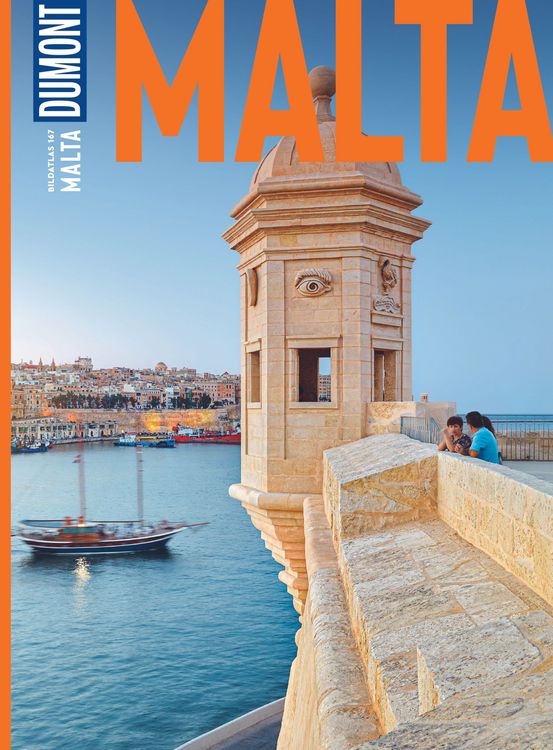
Introduction to Malta
The Republic of Malta, an archipelago in the central Mediterranean Sea, has emerged as a hotspot for tourism and culture. Known for its rich history spanning thousands of years, Malta draws millions of visitors each year who are eager to explore its ancient temples, baroque architecture, and stunning coastlines. Understanding Malta’s relevance is crucial, especially as it continues to be a focal point in discussions on tourism, culture, and even economic stability in the region.
Tourism in Malta
In 2023, Malta’s tourism sector has seen a significant rebound following the global pandemic, with arrivals exceeding pre-pandemic levels. According to the National Statistics Office of Malta, over 2.7 million tourists visited the country in 2022, and that number is projected to rise as travel restrictions continue to ease globally. Major attractions include the historic capital Valletta, the prehistoric temples of Ħaġar Qim and Mnajdra, and the stunning Blue Lagoon on Comino Island. The government has been promoting sustainable tourism, encouraging visitors to explore local traditions and support small businesses.
Cultural Heritage
Malta’s rich cultural tapestry is woven from various influences, primarily due to its strategic location throughout history. The Maltese language, a unique blend of Semitic and Romance languages, reflects its diverse heritage. Cultural festivals such as Valletta’s Carnival and the Malta International Arts Festival showcase local art, music, and traditions, attracting both locals and tourists. Additionally, UNESCO has recognized several sites in Malta for their historical and cultural significance, including the ancient city of Mdina and the Megalithic Temples.
Economic Developments
The economy of Malta is primarily driven by the tourism industry, which contributes significantly to its GDP. However, the country has diversified its economy by investing in technology and finance sectors. Malta has become a hub for digital innovation, with many blockchain and cryptocurrency companies establishing their bases there due to favorable regulations. The recent launch of new fintech initiatives aims to create a more robust ecosystem that will benefit the economy in the long run.
Conclusion
As Malta continues to develop as a cultural and economic center, its significance cannot be overstated. The country’s efforts to promote sustainable tourism and diversify its economic landscape pave the way for future growth. For readers and prospective travelers, Malta not only offers a rich cultural experience but also a thriving environment that welcomes innovation and investment. The Mediterranean jewel is poised to shine even brighter in the coming years, making it an essential destination for both leisure and business.



